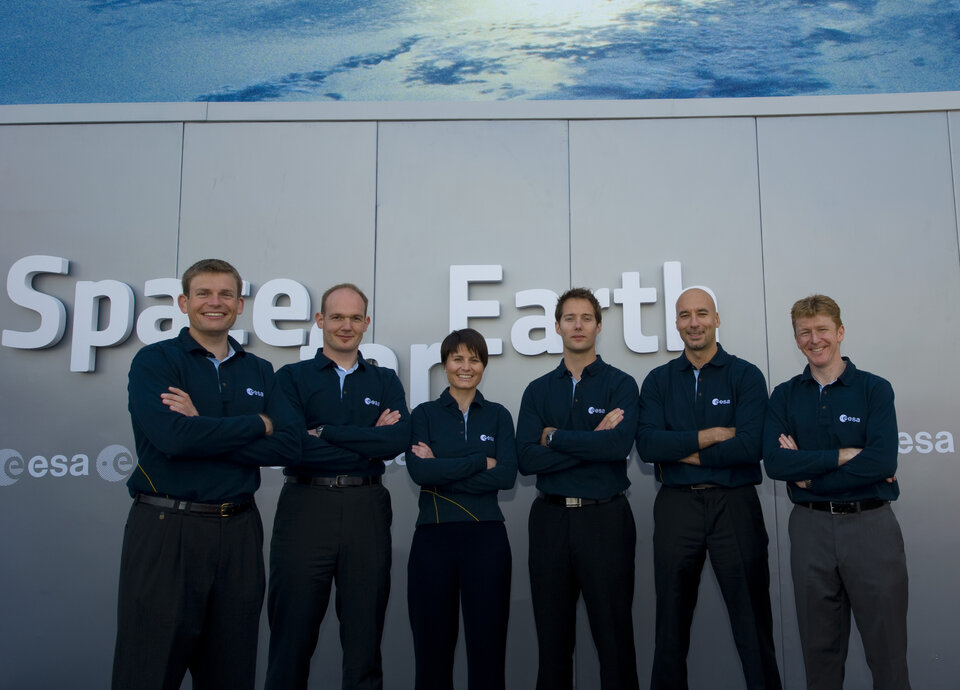European Space Agency seeking to enlist more women astronauts and PWDs to improve diversity
The European Space Agency (ESA) hopes to improve diversity in the organization as it recruits new astronauts for the first time in over a decade.
According to Associated Press (AP), they are striving to enlist “more women astronauts this year, as well as people with disabilities who have always dreamed of going into space.”
“Only 65 of the more than 560 people who have ever gone into space have been women. Of those 65 women, 51 were American,” as stated in the same report. “The ESA has sent only two women into space—Claudie Haigneré and Samantha Cristoforetti—and is now trying to redress the imbalance.”

Likewise, BBC said a significant majority of the crucial roles on robotic space missions are still men.
In 2008—the last ESA astronaut call—only 16% of the applicants were women, and they “want to see that increase dramatically this time around.”
Additionally, the ESA is looking to welcome disabled astronauts via its Parastronaut Feasibility Project with the International Paralympic Committee (IPC), which is helping them classify impairments. Based on the standards set by the IPC, they will consider applications initially from those “with lower limb deficiency below the knee or ankle, extreme differences in leg length, or below 130 centimeters (4 feet 3 inches) in height.”
As he declared that representing all parts of the society is of utmost concern, Dr. David Parker, its Robotics and Human Spaceflight Programme Director, clarified one thing: “We’re not looking to hire a space tourist that happens also to have a disability. To be very explicit, the individual would do a meaningful space mission, so, they would need to do the science; they would need to participate in all the normal operations of the International Space Station (ISS).”
Furthermore, Parker stressed to BBC News that their move isn’t about tokenism—they have “to be able to justify to all the people who fund us—which is everybody, including people who happen to be disabled—that what we’re doing is somehow meaningful to everybody.”
What are they looking for in a candidate? Among the requirements are a master’s degree and three years of minimum experience in the field of natural sciences, medicine, engineering, mathematics, and/or computer sciences. Lucy van der Tas, ESA Head of Talent Acquisition, disclosed that they are to go through “a rigorous six-stage selection process that will take until October 2022,” Reuters reported.
The application period will run until May 28.
“We are looking towards the Moon, and Mars. We need very excellent astronauts for the future,” Jan Worner, its Director-General, said. “To go farther than we ever have before, we need to look wider than we ever have before.”
Article thumbnails from the ESA


